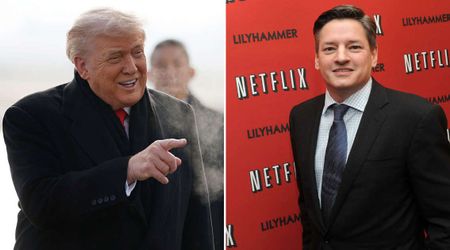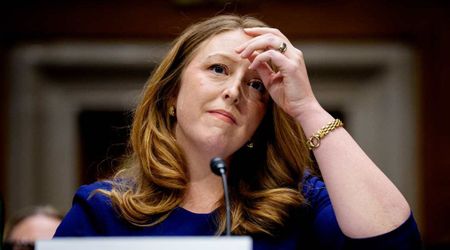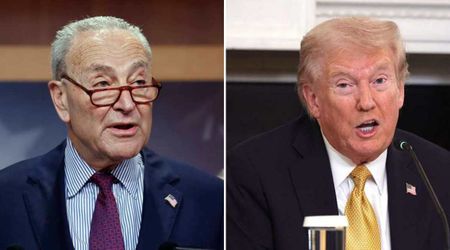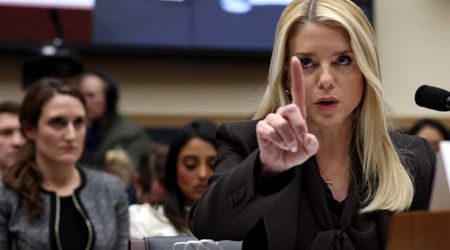Fact Check: Did Pam Bondi send a letter to FBI director in February 2025 about Epstein's 'client list'?
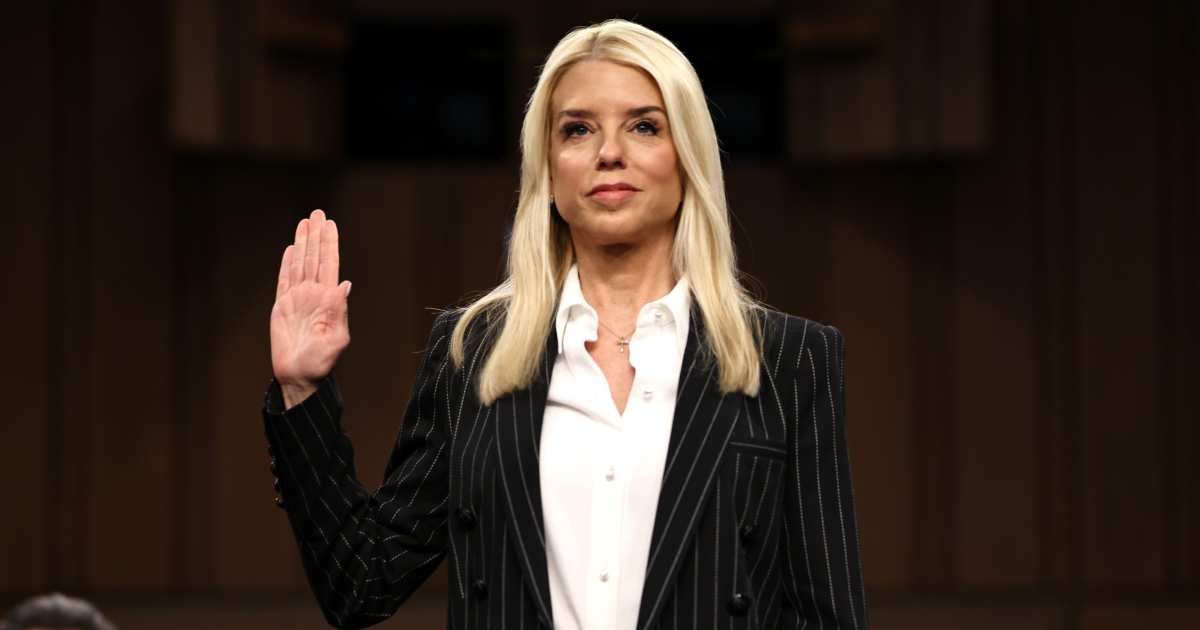
WASHINGTON, DC: A letter allegedly written by Attorney General Pam Bondi to FBI Director Kash Patel regarding Jeffrey Epstein’s files is making rounds on social media, with some users suggesting it confirms the existence of a long-rumored “client list.”
Shared widely across platforms like Facebook, the screenshot of the letter appears to show Bondi acknowledging receipt of Epstein’s “list of contacts” and ordering Patel to turn over additional documents.
Users claimed this letter undermines a July 2025 memo from the DOJ and FBI that stated no “client list” exists.
Fact Check: Yes, Pam Bondi did send the letter, but it does not confirm a secret 'client list'
The letter in question is authentic. A copy of it was published in an official DOJ press release dated February 27, 2025, in which Pam Bondi announced the release of redacted Jeffrey Epstein-related files in coordination with the FBI.
Fact-checking outlet Snopes compared the social media version of the letter to the original on the DOJ website and confirmed they were identical. The claim that Bondi sent the letter is true, but claims that it proves the existence of a hidden “client list” are misleading.

In its official release, the Department of Justice confirmed that the Epstein files included materials that had been “previously leaked but never released in a formal capacity” by the government.
Among them were flight logs, an evidence inventory, a redacted contact book, and a partially censored list of masseuses.
What does Pam Bondi's letter actually say?
In the letter, Pam Bondi writes that her office received around 200 pages of Jeffrey Epstein-related materials, including flight logs, a list of contacts, and names and phone numbers of victims. However, she also says she was “later informed of thousands of pages of documents related to the investigation and indictment that were not previously disclosed.”
Bondi demanded that Patel deliver the “full and complete Epstein files” to her office by 8 am the following day and launch an investigation into why they were not provided earlier.
“You will deliver to me a comprehensive report of your findings and proposed personnel action within 14 days," Bondi wrote in the letter. She also instructed that the delivery include “all records, documents, audio and video recordings, and materials related to Jeffrey Epstein and his clients, regardless of how such information was obtained.”
So, what about the so-called Jeffrey Epstein 'client list'?

Nowhere in the letter does Pam Bondi explicitly mention a “client list.” While the phrase “Epstein’s list of contacts” appears in the letter, it refers to a redacted contact book that was included in the DOJ release. The agency noted that most of the released material had already appeared in leaks or court documents in previous years.
The FBI and DOJ have maintained that no formal “client list” ever existed. In a memo released in July 2025, both agencies said a review of investigative files “revealed no incriminating 'client list,’” nor credible evidence of Epstein blackmailing prominent individuals.
The memo concluded there was no further information that “would be appropriate or warranted” for public release.
Despite these official statements, speculation around a so-called Epstein “client list” continues to thrive online. Bondi herself told Fox News in February 2025 that the “client list” was “sitting on my desk,” though the DOJ’s own language in the public release made no mention of such a list existing as a standalone document.
The Donald Trump administration, under which Bondi serves, has faced criticism from both parties over its handling of the Epstein investigation.
In response, the presdient dismissed the controversy as the “Jeffrey Epstein Hoax” in a Truth Social post on July 16, lashing out at critics and distancing himself from former supporters who continue to raise questions.
This article contains remarks made on the Internet by individual people and organizations. MEAWW cannot confirm them independently and does not support claims or opinions being made online.


